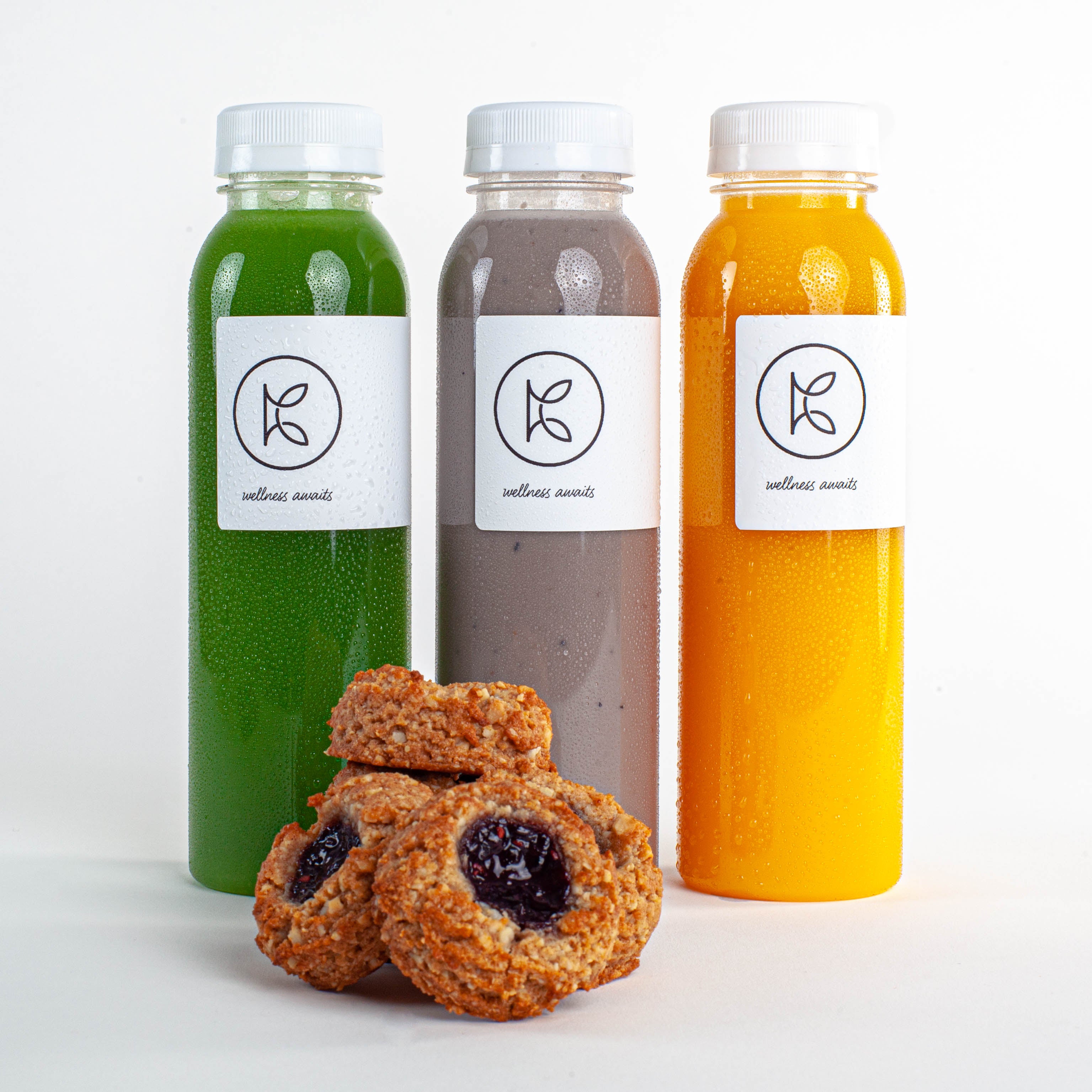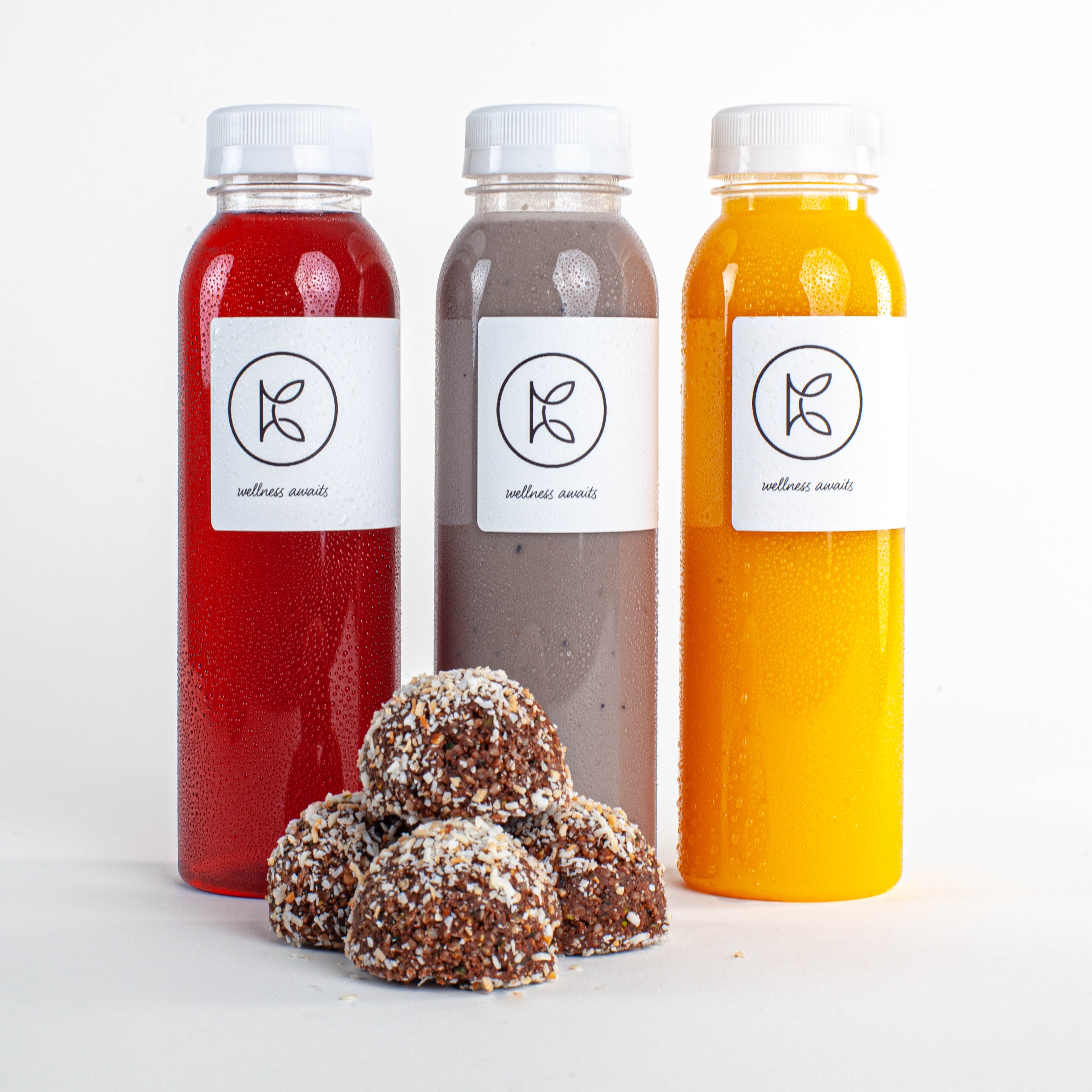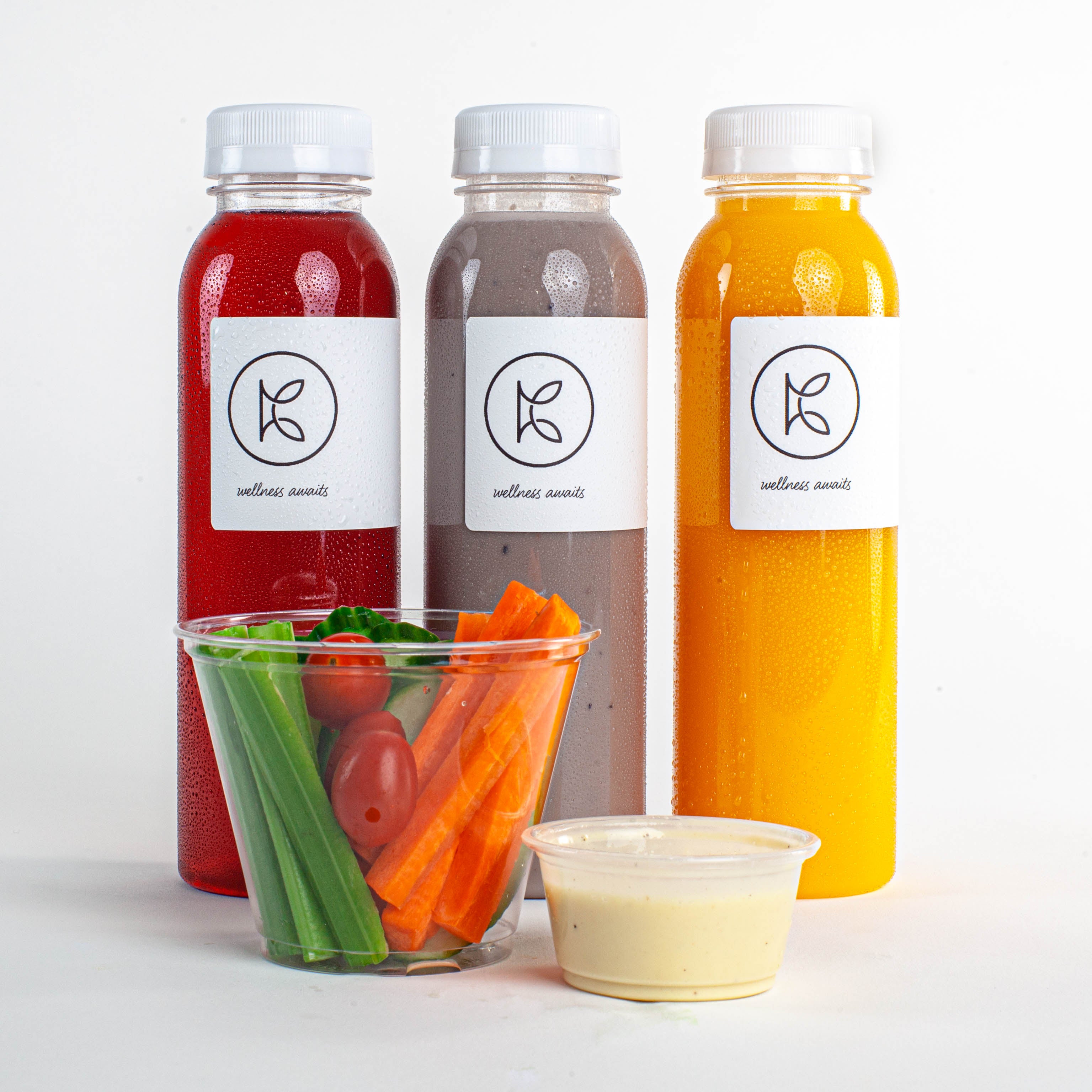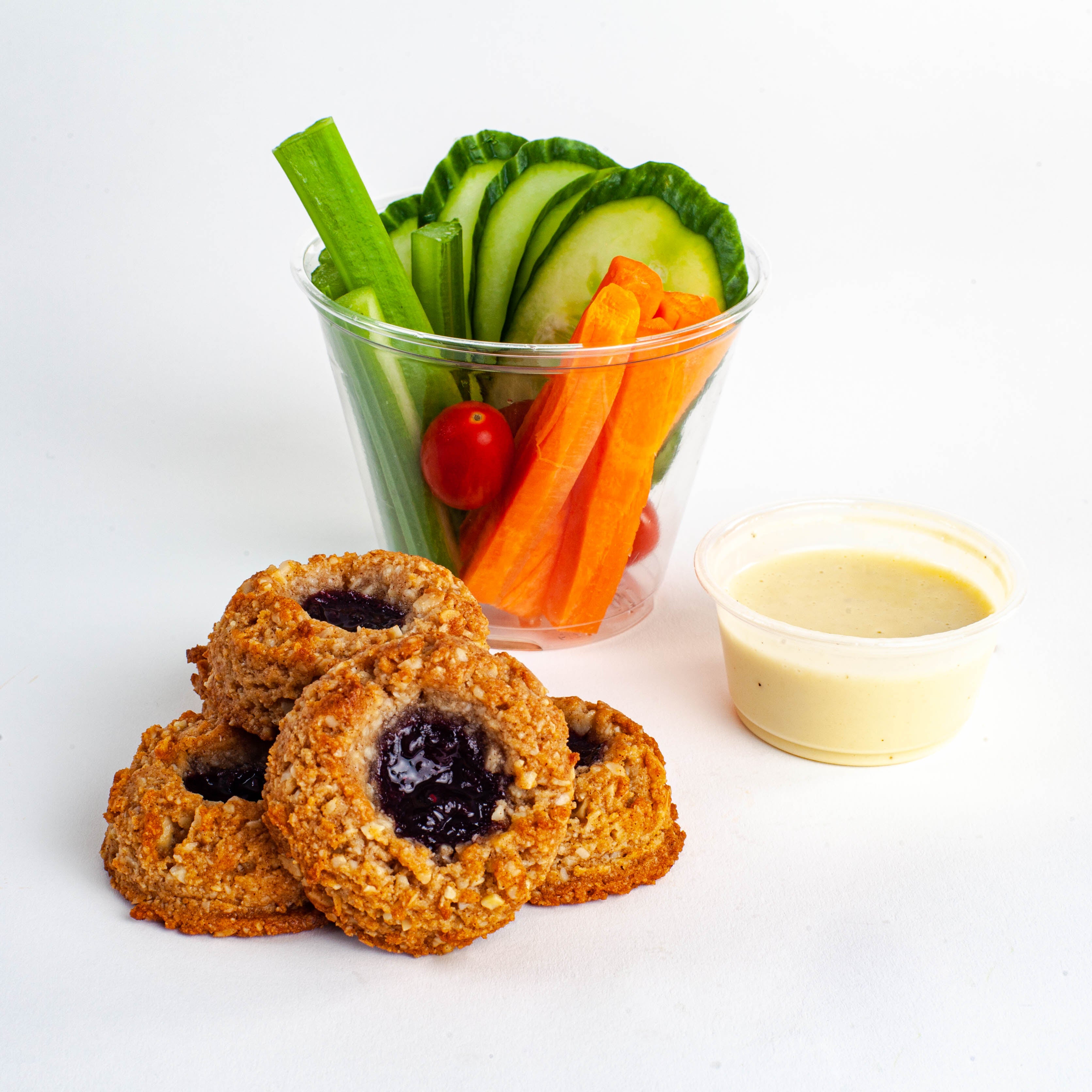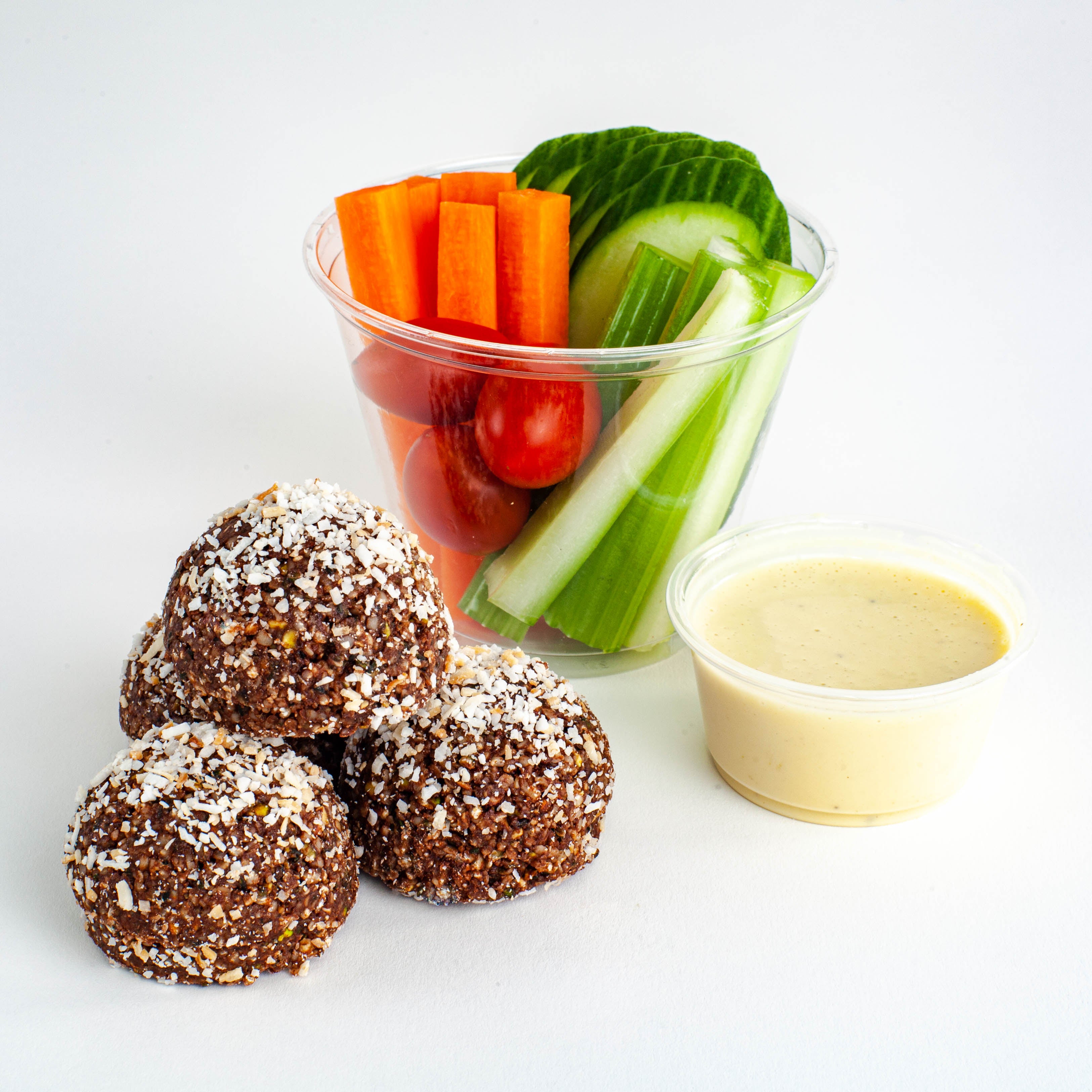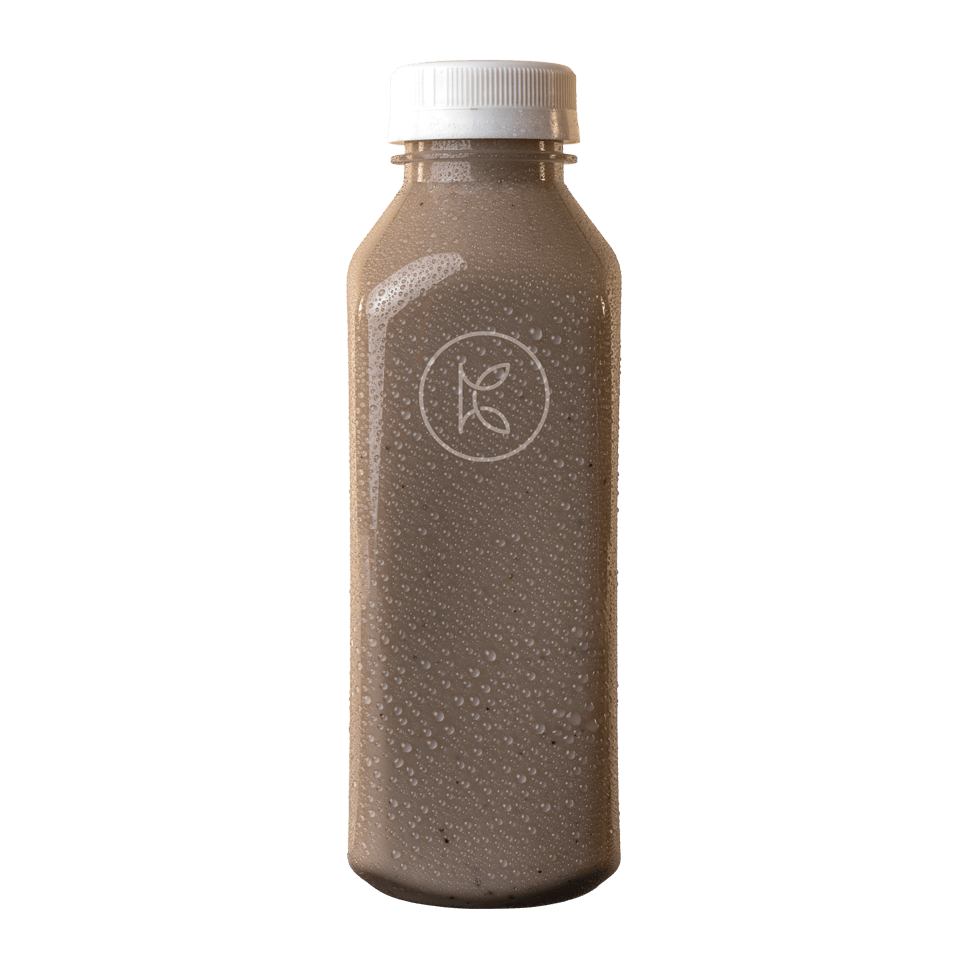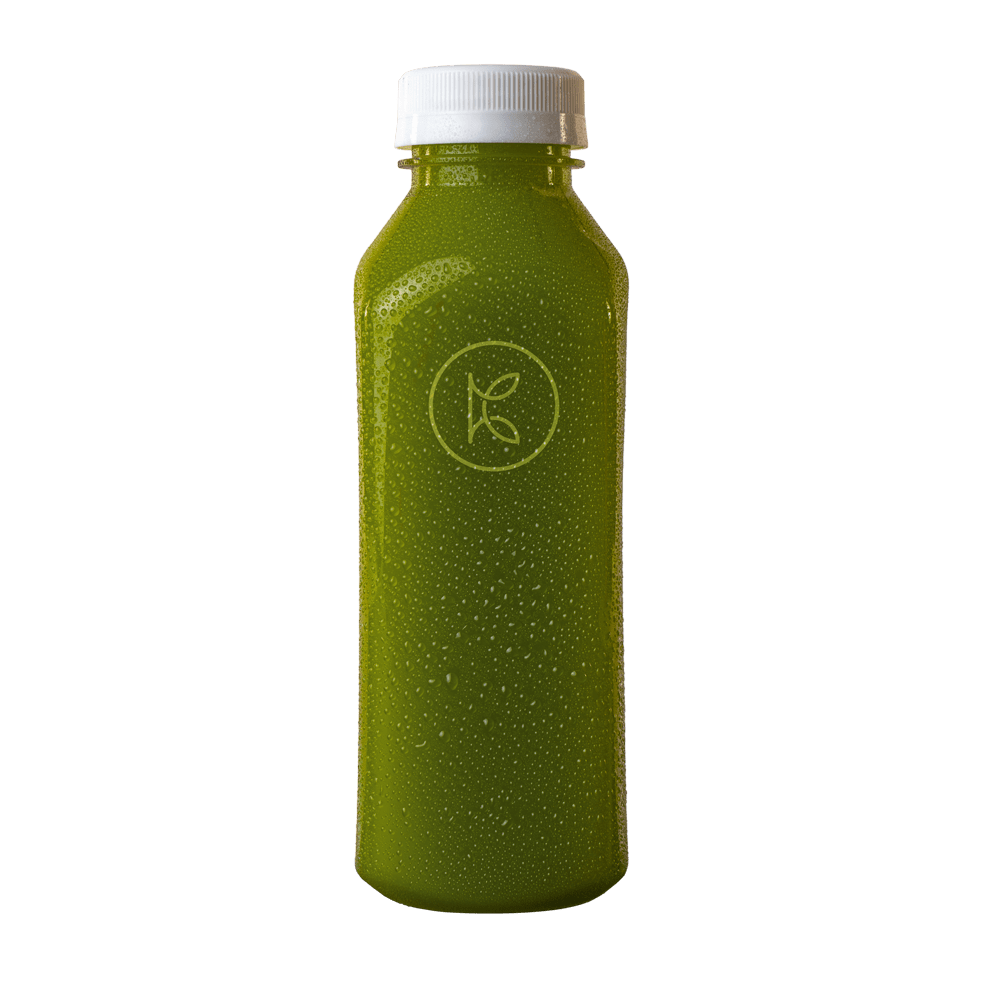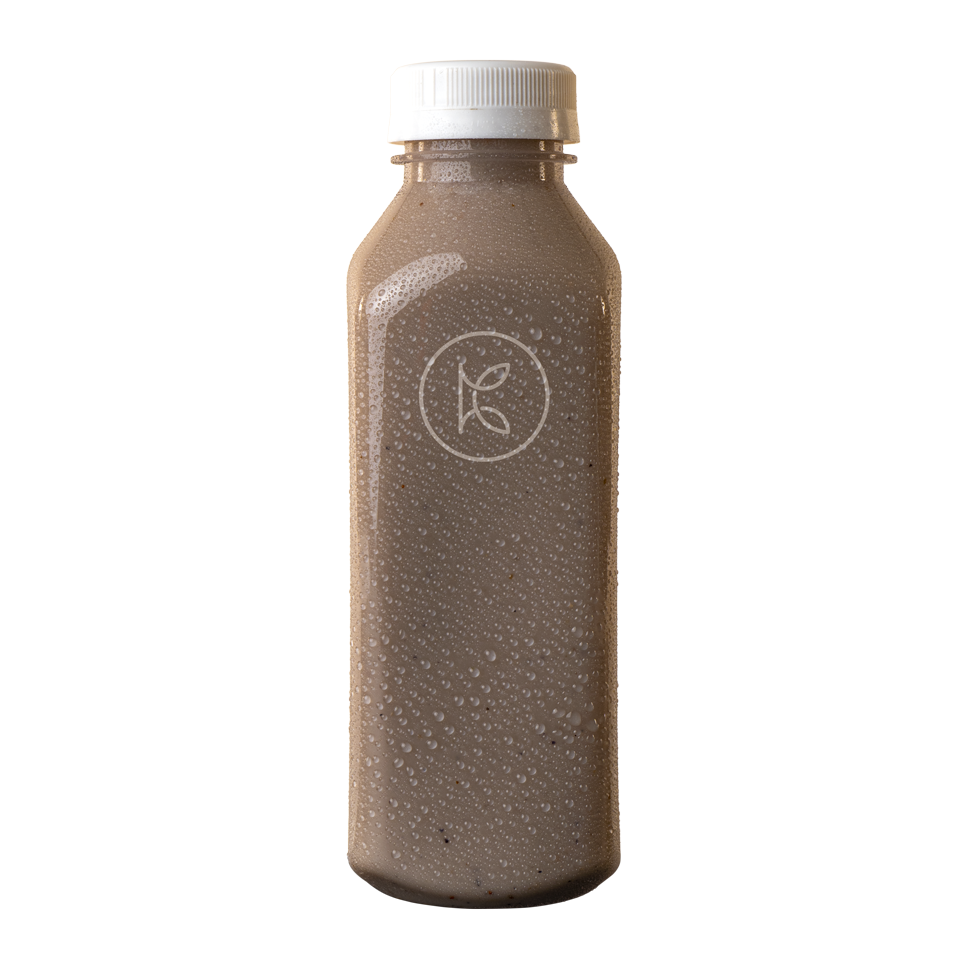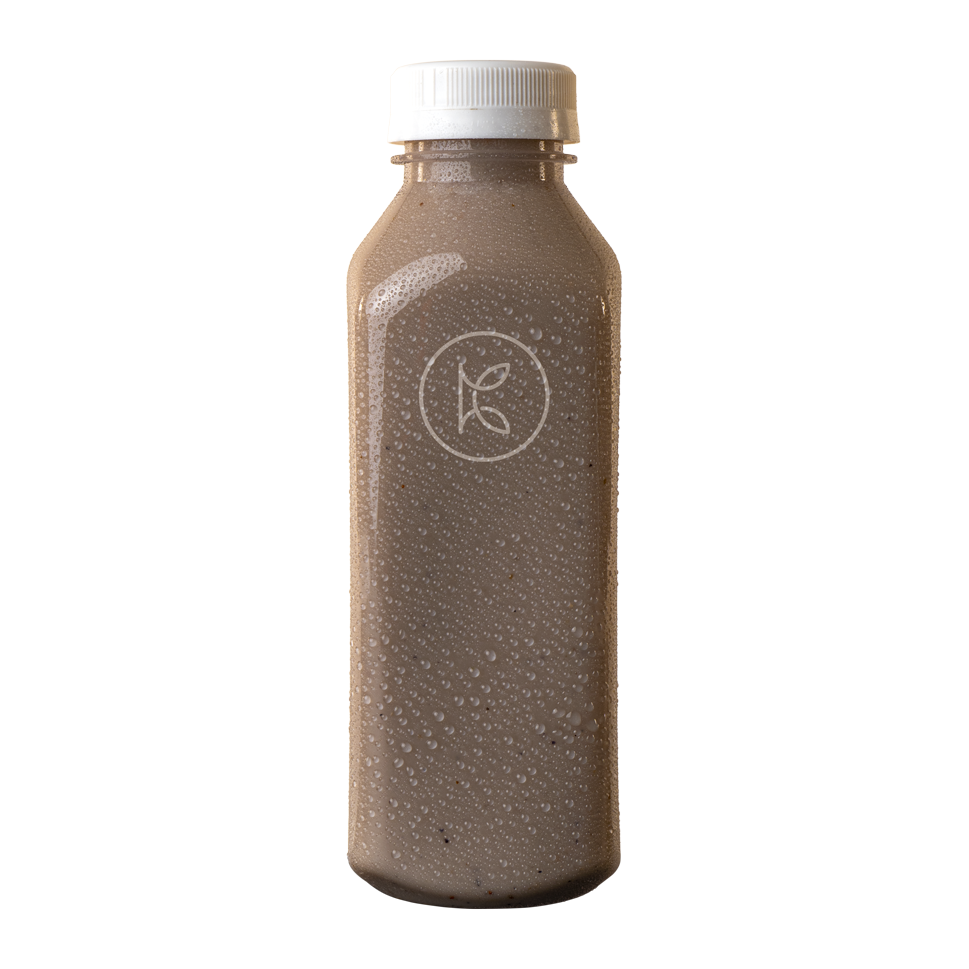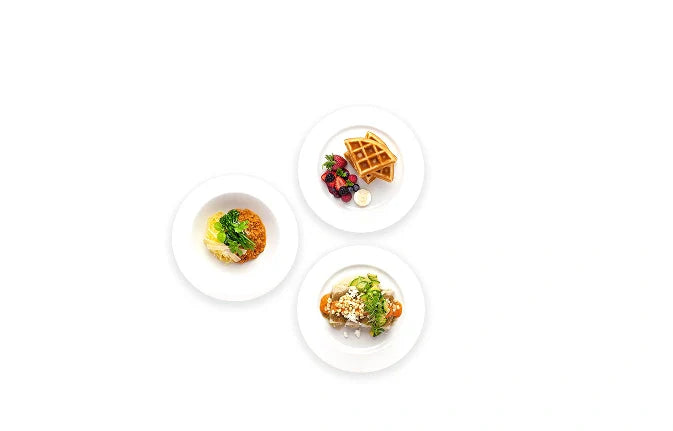Have you ever felt like something is wrong with your energy, your skin is not glowing enough, or your meals are just...meh? Maybe your body’s trying to drop a hint — like perhaps vegetarian might be a necessary vibe?
Now, before you discount a vegetarian diet, keep reading because you don’t have to go full rabbit-food mode or swear off pizza forever. However, switching to a more plant-focused way of eating might be the glow-up your body’s been craving.
A vegetarian diet isn’t a fad but a way to feel better and live longer, while enjoying vegetarian food in a way that actually supports your body (without sacrificing flavor). Whether you're embracing plant-based eating for the first time or you've been meat-free for years, these top ten benefits illustrate how a predominantly vegetarian diet can enhance your overall health and contribute to a more balanced, feel-good lifestyle.
What Is a Vegetarian Diet?
Vegetarian is when you don't consume meat and fish, while foods from plants, grains, fruits, vegetables, legumes, nuts, and seeds are okay. Many vegetarians also include dairy foods and eggs, which is called a lacto-ovo vegetarian diet.
This differs from a vegan diet, in which all animal products are avoided completely. Both vegetarian and vegan diets provide significant health benefits, but a vegetarian-based diet pattern offers slightly more wiggle room for those transitioning into a new lifestyle.
Top 10 Health Benefits of a Vegetarian Diet
Thinking about cutting back on meat? Want to feel good and eat fresh? Go vegetarian. It's a straightforward way to boost your health over time, all without missing out on delicious meals. And these ten surprising (and awesome) reasons will have you saying, 'Yes, veggies, please!'
Supports Heart Health
Reducing saturated fat and increasing vegetarian options (i.e., fiber-rich beans, whole grains, and veggies) can lower cholesterol levels and improve function. A vegetarian diet is naturally low in animal fats and high in nutrients that support a healthy cardiovascular system.
Helps Maintain a Healthy Weight
Fruits, veggies, and legumes are lower in calories but higher in volume and fiber. This means they fill you up without weighing you down. Many people find that switching to a plant-based diet helps them manage their weight more easily. Why? Because they're scrapping processed meats and fried foods.
Lowering Your Chance of Type 2 Diabetes
A balanced diet full of plant-based foods helps regulate blood sugar levels, thanks to its high fiber content and low glycemic load. Various studies on vegetarian and vegan diets suggest that individuals who commit to a vegetarian or vegan diet plan often show a significantly lower chance of developing Type 2 diabetes.
Improves Digestive Health
Your gut loves fiber. A vegetarian diet naturally includes more of it, from beans and lentils to fruits, veggies, and green leafy vegetables. That fiber keeps things moving, supports a healthy microbiome, and reduces issues like bloating and constipation.
Lowers Cancer Risk
While no diet can promise total protection, a largely vegetarian diet may reduce your risk of certain cancers. Antioxidants from colorful fruits and veggies (hello, vitamin C!) help protect your cells from damage, and eating fewer processed meats also helps reduce risk.
Enhances Longevity
People who eat a plant-based diet tend to live longer and better. Why? When your body avoids lasting illnesses, holds a healthy weight, and boasts a strong heart, you set yourself up for a long, energetic life.
Improves Kidney Function
Plant-based protein puts less strain on your kidneys than animal protein. For those with kidney concerns or risk factors, eating more plant-based foods and reducing animal products may help protect and improve kidney health.
Boosts Energy and Mood
A healthy diet rich in whole plant-based foods helps stabilize blood sugar and support mental clarity. And getting more complex carbs and nutrients like iron, magnesium, and vitamin B12 (from fortified foods or supplements) helps support energy levels throughout the day.
Enhanced Skin and Hair Appearance
Your skin loves antioxidants, water-rich foods, and vitamins. That's why a vegetarian diet truly delivers. Vitamin C boosts collagen production, while green leafy vegetables and nuts offer skin-loving nutrients that keep you glowing.
Nutritional Considerations on a Vegetarian Diet
A plant-based lifestyle has its many benefits, but it still requires you to be intentional about your meals. Some nutrients to watch out for:
- Protein: Good sources of protein include beans, lentils, tofu, tempeh, eggs, dairy, and even whole grains.
- Iron Absorption: Iron from plant sources is less easily absorbed than iron from animal sources. Pair iron-rich foods (like spinach and lentils) with vitamin C-rich sources, like bell peppers or oranges, to increase absorption.
- Omega-3 Fatty Acids: Alpha-linolenic acid (ALA) from chia seeds, flaxseeds, walnuts, and algae-based foods are good vegan sources.
- Calcium and Vitamin D: Look to fortified plant milks, green leafy vegetables, and dairy if you include it. Consider supplements if needed.
- Zinc: Available in beans, whole grains, seeds, and nuts. It helps with immunity and wound healing.
A well-planned vegetarian diet can fulfill all of your nutritional needs and can be incredibly delicious with some creative substitutions and variety.
Vegetarian Diet Myths Debunked
Vegetarianism is a very confusing thing, both for people who have it down and those who are still struggling to find their "veggie legs." So, let’s clear a few myths up now.
- You won’t get enough protein. You will. Plant-based proteins are everywhere, and you don’t need to live on tofu alone. Variety is key.
- It’s expensive to eat vegetarian. Actually, going meatless can decrease your grocery costs. Many staples are among the cheapest foods you can find, such as beans, grains, and produce.
- It’s boring or bland. Not even close. Thai veggie curry or loaded sweet potato nachos? Vegetarian food is full of color, texture, and flavor.
Bottom line, for a plant-based lifestyle to truly work, it needs to feel satisfying, nutritious, familiar, and like meals you actually enjoy eating.
Ready to Make It Easy? Let Kooshi Do the Cooking
Considering a plant-based diet but unsure where to begin? Or maybe you’re already on the journey and want a break from chopping veggies every night. Either way, Kooshi Gourmet makes it easy with its vegetarian meal delivery.
We deliver a range of fresh, chef-prepared meals that make it easy to enjoy nutritious, fresh food that's delicious and stress-free. Whether you’re exploring vegetarian and vegan diets, need a detox meal plan, or want a gluten-free meal delivery plan that actually tastes good, Kooshi has your back.
Skip the stress. Let Kooshi serve the flavor and the wellness.
FAQs
Is a vegetarian diet healthier than a non-vegetarian diet?
In many cases, yes. A vegetarian diet can lower your risk of chronic disease, reduce saturated fat intake, increase your nutrient diversity, and support better digestion over time. These are all big wins for your health.
Is it possible to consume sufficient protein while being a vegetarian?
Absolutely. Between dairy, eggs, legumes, grains, and meat alternatives, there are plenty of options to meet your daily needs without animal meat.
Will a vegetarian diet help me lose weight?
Natural weight loss can be another benefit of adopting a plant-based diet, mainly because you're exchanging refined and deep-fried foods for fiber-dominant veggies and natural plant-based foods.
Can a vegetarian diet help lower cholesterol and blood pressure?
Yes! It’s been shown to support heart health, reduce bad cholesterol, and improve blood pressure, especially when paired with regular movement and a healthy lifestyle.

